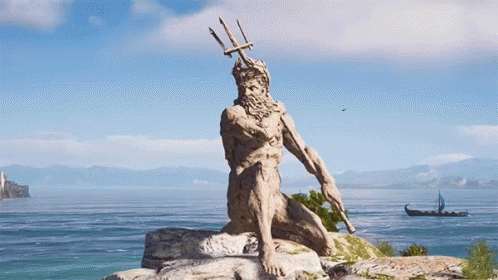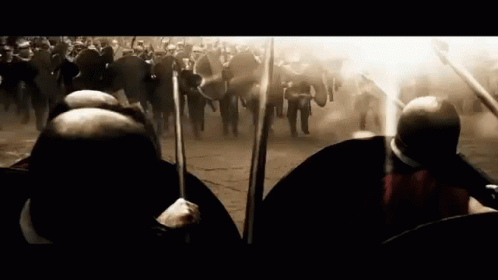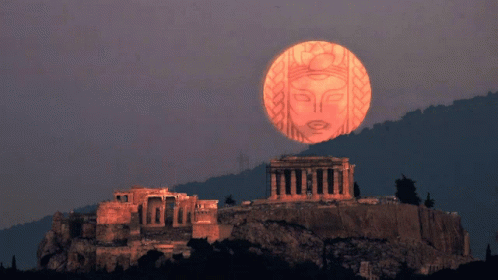The Battle of Marathon - The Clash That Defined Western Civilization
3 Min Read

The Battle of Marathon, fought in 490 BCE, stands as a monumental event in the history of ancient Greece.
It marked the beginning of a series of conflicts between the Greek city-states and the vast Persian Empire—wars that shaped the future of Western civilization.
But what really happened on that fateful day?
Why has this ancient battle captured the imagination of storytellers, historians, and poets for centuries?
Elizabeth Barrett Browning’s The Battle of Marathon presents a vivid and artistic recounting of this historic confrontation. This blog delves into the details of the battle itself, the historical context surrounding it, and the literary brilliance of Browning’s narrative poem.
For an immersive experience, listen to the audiobook version of The Battle of Marathon on Sol Good Media. Let Browning’s poetic retelling transport you to the heart of ancient Greece.

Setting the Stage: Why the Battle of Marathon Happened
The Battle of Marathon was the climax of the first Persian invasion of Greece. King Darius I of Persia sought to punish Athens and its ally Eretria for supporting the Ionian Revolt—a rebellion of Greek city-states against Persian rule.

The Persian army, led by generals Datis and Artaphernes, landed at Marathon, a flat plain near Athens, intending to march on the city. But Athens, aided by the small city-state of Plataea, mustered a force of approximately 10,000 hoplites to meet the invaders.

The stakes were colossal: if the Persians succeeded, Athens and its fledgling democracy would fall under Persian control, altering the course of history.
The Battle: A Tactical Masterpiece
Under the command of Miltiades, the Athenian general, the Greeks employed an innovative strategy. They weakened the center of their line, reinforcing the flanks to envelop the Persian forces. As the Persian center pushed forward, the Greek wings wheeled inward, trapping and routing the enemy.
The victory was decisive: the Persians suffered massive casualties, while the Athenians lost only 192 men. This triumph proved that the mighty Persian Empire could be defeated, inspiring the Greek city-states to unite against future invasions.
Listen to the full story of this historic battle in Browning’s audiobook, available now on Sol Good Media.
Browning’s Poetic Retelling
Elizabeth Barrett Browning wrote The Battle of Marathon when she was just 14 years old. Despite her youth, the poem reflects her keen understanding of history and her passion for storytelling.
- Imagery and Emotion: Browning’s descriptions bring the battlefield to life. Her vivid imagery captures the intensity of the fight, the courage of the Greek soldiers, and the desperation of the Persian retreat.
- Themes of Freedom and Valor: At its heart, the poem is a celebration of human resilience and the fight for liberty—themes that resonate across generations.
- A Blend of History and Myth: Browning intertwines historical facts with legendary elements, such as the tale of Pheidippides, the messenger who ran from Marathon to Athens to announce the victory.
Why This Story Still Resonates
The Battle of Marathon is more than just a historical event—it’s a symbol of the triumph of the underdog and the power of unity. It reminds us that even against overwhelming odds, courage and ingenuity can prevail.
For modern listeners, Browning’s poem offers a unique perspective on this iconic battle. Her youthful enthusiasm and poetic flair make the story accessible and engaging, even for those new to ancient history.
Experience the Epic
Whether you’re a history buff or a lover of literature, The Battle of Marathon offers something for everyone. Let Elizabeth Barrett Browning’s words transport you to the plains of Marathon, where courage and strategy shaped the destiny of a civilization.
